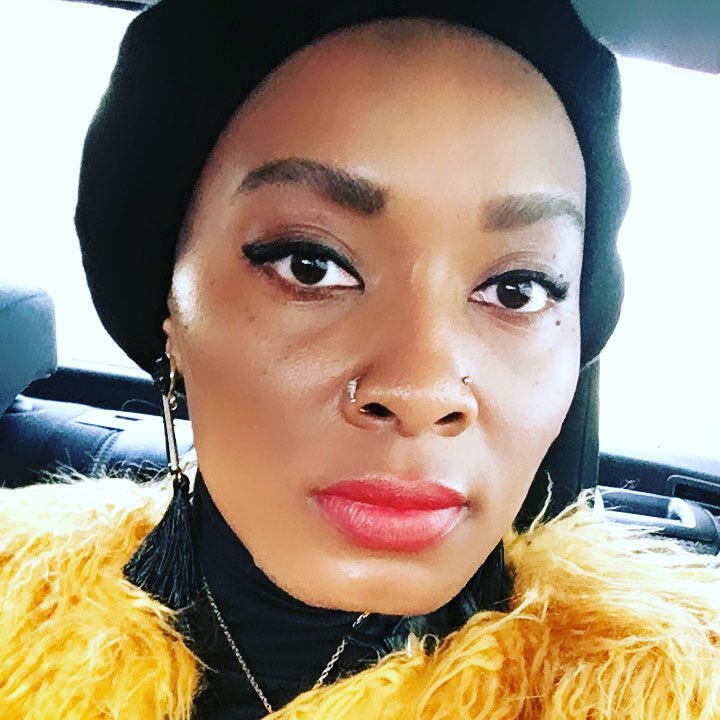What is sacred text to you?

Question & Answer
Q: By A Reader
What is sacred text to you?
A: By EbonyJanice Moore
Dear Reader,
Sacred text is commonly referred to as religious texts (such as scripture). They are the texts that religious traditions consider central to their practice or beliefs. Because I identify as a [Hip Hop] Womanist, I have sacred text that has not been historically acknowledged as “Sacred Text;” but it is my work to talk about the ethics of excluding these texts from a conversation on what is sacred, holy, worthy, or right.
Womanist Theology was formed in response to the Black Liberation Theology that asked, “Where do black folk find themselves in the Bible.” Womanist Theologians asked, “Most specifically, where do black women find themselves in the Bible.” As a result of not being able to center ourselves as whole, free people, Dr. Katie G. Cannon suggested that we have to look elsewhere to find what is sacred and what will guide us. This is how books likeBeloved by Toni Morrison, The Color Purple by Alice Walker, Black Feeling Black Talk by Nikki Giovanni, For Colored Girls Who Considered Suicide When The Rainbow Was Enough by Ntozake Shange, and In Search of Satisfaction by J. California Cooper became sacred texts for Womanist Theologians – using the language of these black authors to find God in ourselves and love Her fiercely.
My need to emphasize the “Hip Hop” in relationship to my “Womanism” also demands that I see Hip Hop lyrics as sacred text. I quote Jay Z and Busta Rhymes as much as, if not more than, I quote Paul or John – because I listen to rap music, and I am able to find the wisdom in the words in more obvious ways, sometimes, than I can in the scriptures. These lyrics become sacred text for me because they have been written and spoken in coded language that my spirit responds to, and rejecting that would be a rejection of a portion of myself.
Thank you for your question.
~ EbonyJanice Moore
This Q&A was originally published on Progressing Spirit – As a member of this online community, you’ll receive insightful weekly essays, access to all of the essay archives (including all of Bishop John Shelby Spong), and answers to your questions in our free weekly Q&A. Click here to see free sample essays.
About the Author
EbonyJanice Moore is a womanist scholar and activist doing community-organizing work, most specifically around black women’s body ownership as a justice issue, and equal access to education and pay for women of color in the U.S. and in several African countries. She has created curriculum for leadership development for high school aged girls in Kenya and South Africa, developed programming for teenagers in housing projects in Decatur, Georgia giving them exposure to culture, STEM programs and the arts, and she teaches a bimonthly workshop on issues involving interrupting racism, individual civic responsibilities, and intersectional advocacy.
Founder of The Free People Project, her research interests include issues pertaining to blackness, woman-ness, and spirituality – most specifically black women’s use of spirit, conjure, and/or the supernatural as a tool to impact social justice, and the pluralism of Black Christianity and the interconnectedness of the Southern Black Christian experience with Indigenous African religions and African Spirituality. EbonyJanice has a B.A. in Cultural Anthropology and Political Science, and a Master of Arts in Social Change with a concentration in Spiritual Leadership, Womanist Theology, and Racial Justice. She is also a certified Body Justice Advocate and Holistic Healer.
